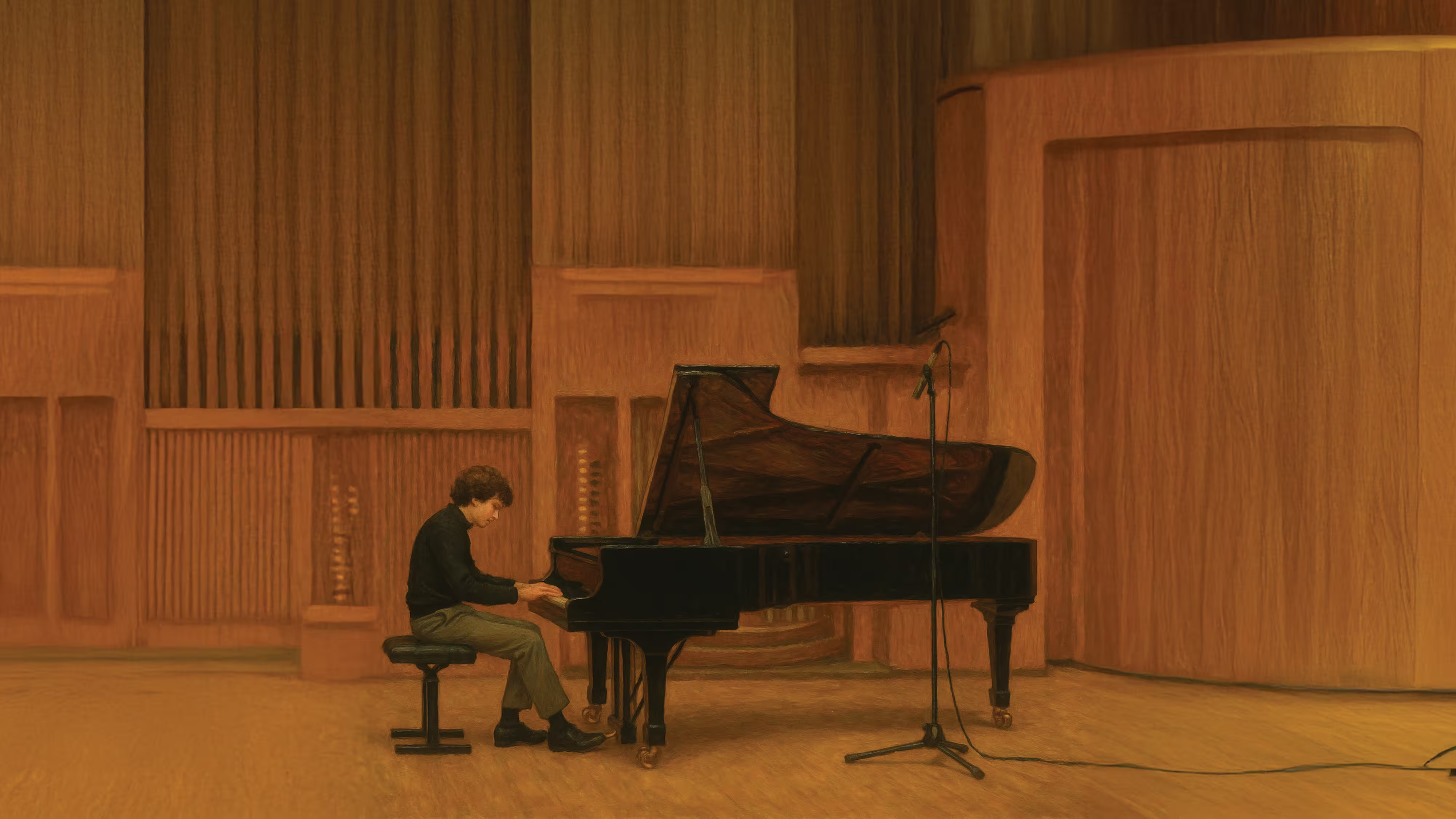
EVENT
Cavalleria Rusticana




Cavalleria Rusticana
Music by Pietro Mascagni
Libretto by Giovanni Targioni-Tozzetti and Guido Menasci
“Cavalleria Rusticana” is Mascagni’s first opera and undoubtedly his most famous and beloved work, thanks in no small part to the inspired Intermezzo sinfonico—a brief orchestral masterpiece of which Gustav Mahler would later say: “Only an Italian could have composed this piece of music.”
Mascagni emerged as a true revelation on the musical scene: he inherited the tradition of Italian melodrama from Verdi and adapted it to the innovations of European music, paving the way for the chapter in music history known as verismo. In verismo, "truth" lies primarily in the subject matter, often drawn from everyday life or contemporary local news, as in Cavalleria Rusticana, and in characters that move away from theatrical stereotypes, coming to resemble real flesh-and-blood men and women.
CAST AND CHARACTERS
Santuzza, a young peasant woman – BRIGITTE TORNAY (soprano)
Turiddu, a young peasant – DANILO FORMAGGIA (tenor)
Lucia, Turiddu’s mother – SHINOBU KIKUCHI (mezzo-soprano)
Alfio, a carter – GIORGIO VALERIO (baritone)
A villager – GABRIELE D.G. BOLLETTA (bass)
“La Grande Opera in Villa” for Palazzo Foundation
Following the success of Madama Butterfly, Cavalleria Rusticana marks the next in the program of events curated by Arte&Cultura Villa Sormani, featuring three operatic titles, in addition to Puccini’s Madama Butterfly for the Foundation's inaugural event, two theatrical performances with musical accompaniment, and a piano recital.
For more information and to book, please contact us at info@palazzo-foundation.org






















